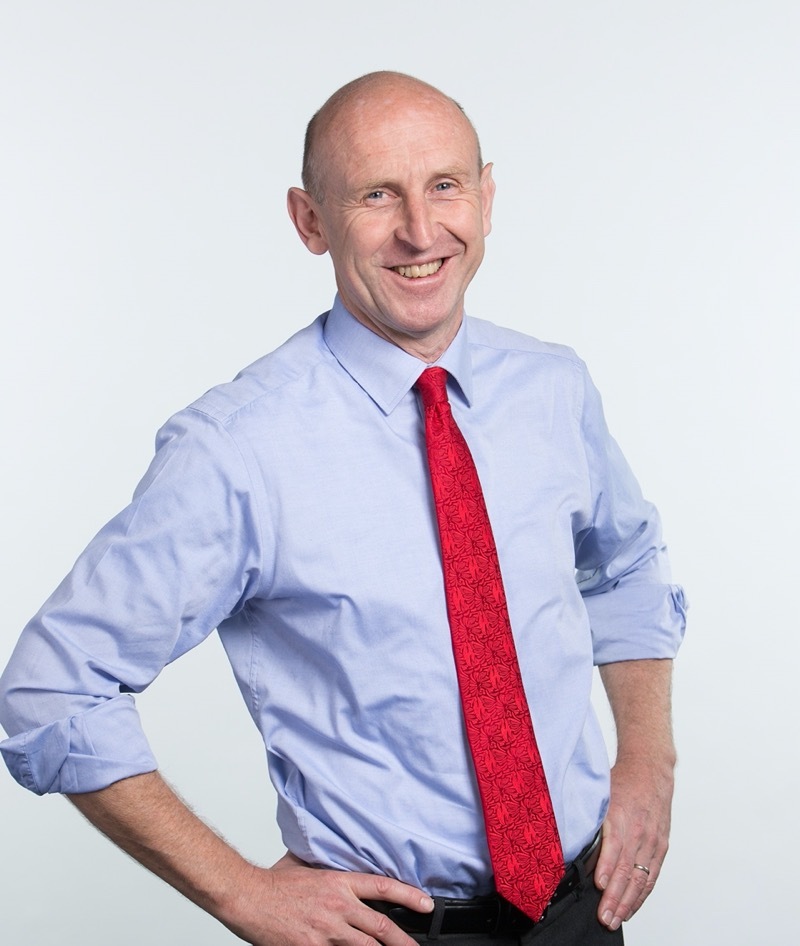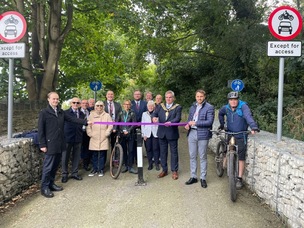A BARNSLEY MP has called on the Chancellor to stop VAT being placed on the sale of life-saving defibrillators in order to help fundraisers.
Wentworth and Dearne MP John Healey has long been campaigning for the added charge to be axed - and on Monday he wrote to the government urging Jeremy Hunt to axe the tax on the equipment during his next budget announcement.
A defibrillator - a device that gives a high-energy electric shock to the heart of someone who is in cardiac arrest - has become an essential part in trying to save lives.
John said: “All of us as MPs have local schools, sports clubs, community groups, churches and pubs in our constituencies that have gone to great efforts to raise funds for lifesaving AEDs.
“The cost of buying these devices is around £1,000 per unit.
“However, these local groups pay an extra 20 per cent in VAT - that’s an extra £200 they need to fundraise to purchase and install vital defib machines in their communities.
“At present, only AEDs purchased by or donated to local authorities and the NHS are exempt from the tax.
“This cost can deter individuals, businesses, and community groups from buying the potentially lifesaving equipment.”
John hopes a VAT cut would encourage more residents and community groups to purchase the equipment.
He added that the equipment is needed to improve survival rates from heart attacks.
About 36,000 people in the town have associated issues, with 55 deaths attributed to heart disease in Barnsley per month - the equivalent of someone dying every 14 hours.
More than 60 per cent of adults in Barnsley are obese or overweight, according to the British Heart Foundation (BHF), with more than 40,000 having been diagnosed with high blood pressure.
Heart and circulatory diseases kill one in four residents, with data showing the average time from onset of stroke symptoms to first medical presentation for Barnsley patients is approximately 15 hours, which compares with a national and a regional average of three-and-a-half hours.
“As a former Health Secretary, you will know that according to The National Institute for Health and Care Excellence, early defibrillation on a patient with a heart attack greatly improves survival rates,” John’s letter added.
“Currently around 60,000 people every year have attempted resuscitation after a suspected out-of-hospital cardiac arrest with fewer than one in ten surviving. “Defibrillation within three to five minutes of collapse can increase survival by up to 70 per cent and immediate CPR can treble survival rates.
“It’s great that defibrillators are becoming more readily available to help people in an emergency, but local organisations and community groups shouldn’t have to face this extra VAT cost when they look to raise the funds for defib units to benefit their community.
“I therefore urge you to consider this proposal as an early representation for your next budget.
“Abolishing VAT on defibrillators would entail negligible cost to the Treasury but would make a huge difference to people raising the funds to purchase for our communities.”



























